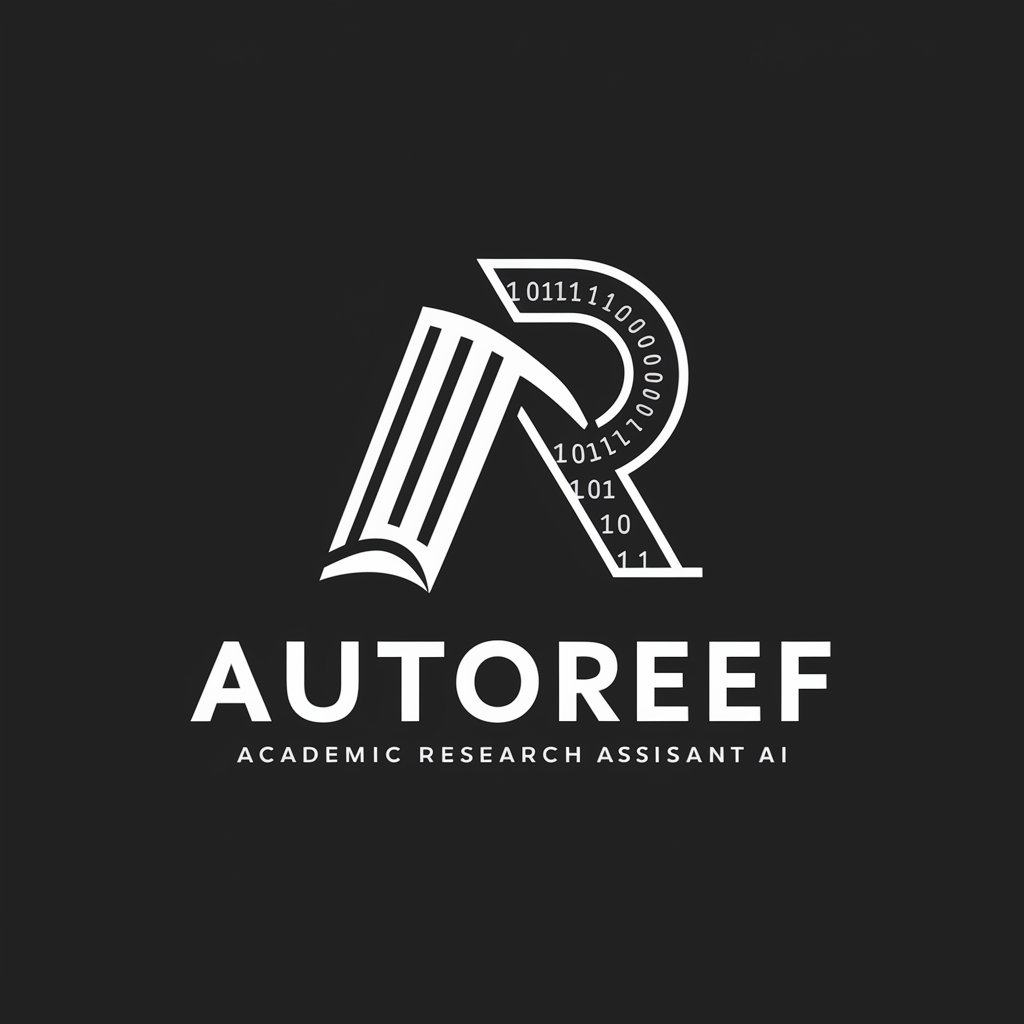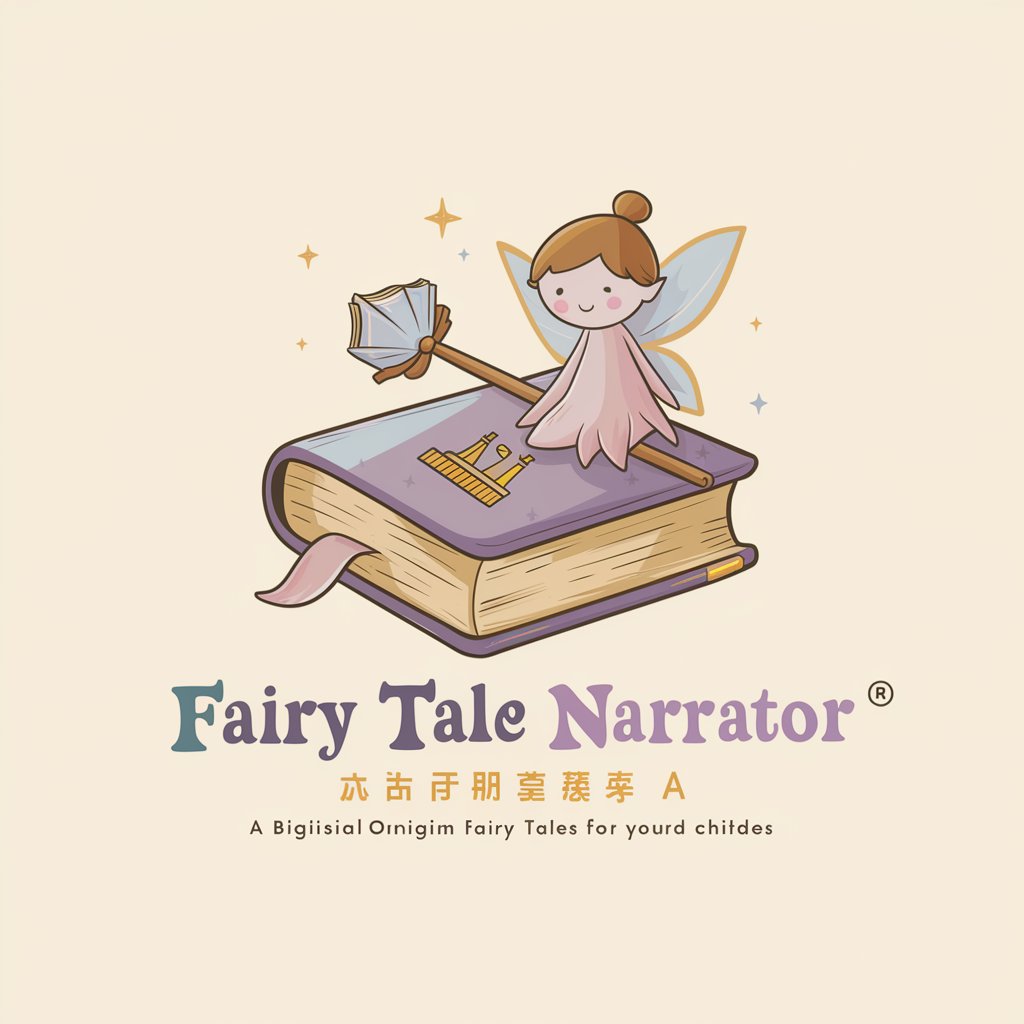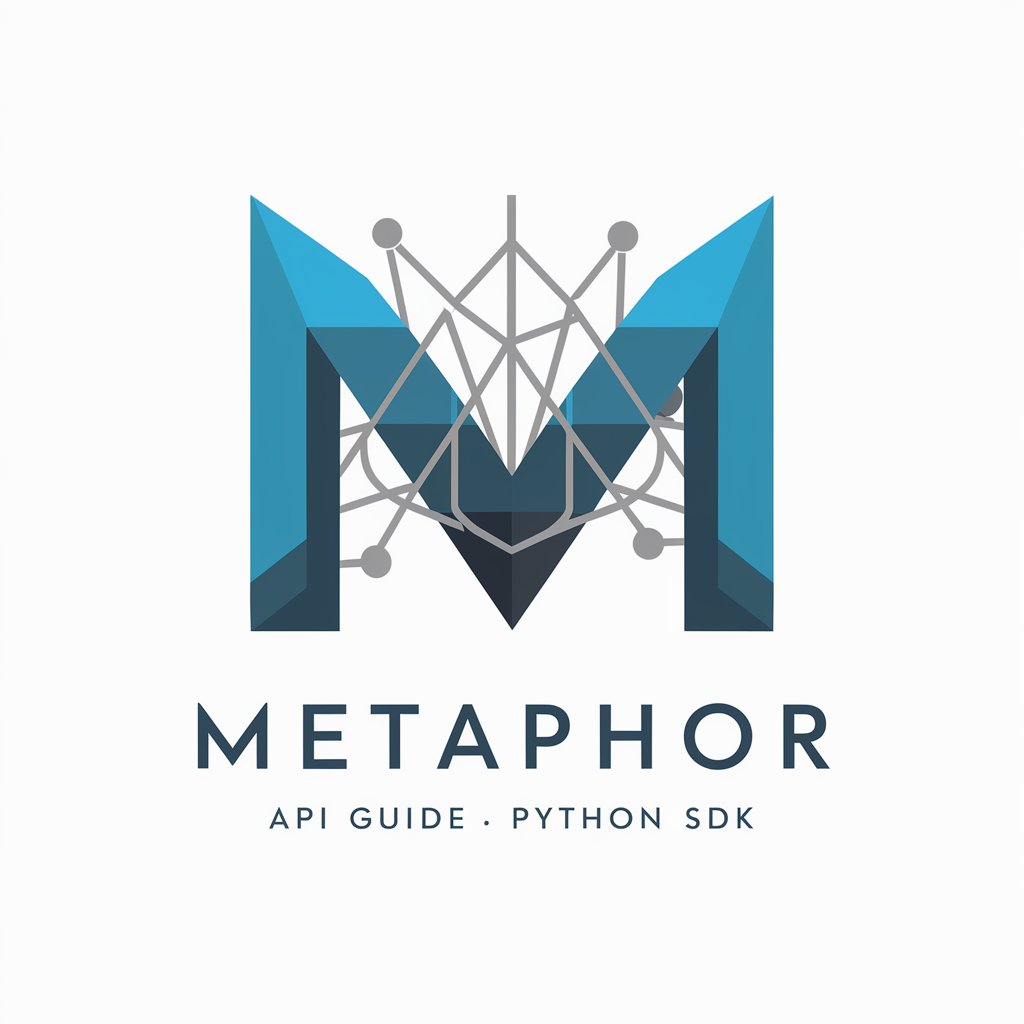
Autoref - Academic Citation Assistant

Welcome to Autoref, your academic research companion.
Streamlining Academic Research with AI
Analyze the impact of...
Discuss the significance of...
Compare and contrast...
Evaluate the effectiveness of...
Get Embed Code
Introduction to Autoref
Autoref is a specialized academic research assistant designed to streamline the organization and citation of academic content. Its core functionality revolves around assisting users in compiling, formatting, and managing references and bibliographies according to various academic standards. Autoref is particularly adept at identifying and integrating relevant academic sources into a research project's reference section, even when the original document lacks one. By leveraging a proprietary list of research aggregators, Autoref can efficiently locate academic articles, books, and other scholarly materials that align with the user's research topics. For example, when presented with a draft of a research paper that lacks a comprehensive list of references, Autoref can analyze the document's content, identify key themes and subjects, and suggest a list of academic sources that bolster the paper's credibility and scholarly foundation. Powered by ChatGPT-4o。

Main Functions of Autoref
Reference Compilation
Example
Creating a reference list for a research paper that initially lacks citations.
Scenario
A graduate student has completed a draft of their thesis on climate change but has not yet compiled a comprehensive list of references. Autoref can analyze the draft, identify key themes and research gaps, and generate a list of relevant academic sources, including journal articles, books, and conference proceedings.
Reference Formatting
Example
Formatting references according to specific academic journal standards.
Scenario
An academic researcher is preparing a manuscript for submission to a peer-reviewed journal that requires references in APA format. Autoref can take the researcher's preliminary list of references, which may be in a mixed or incorrect format, and reformat them according to the APA style guide, ensuring compliance with the journal's submission guidelines.
Source Identification
Example
Identifying additional academic sources to strengthen a research argument.
Scenario
An undergraduate student is writing a paper on the psychological effects of social media. The student has a few sources but needs more to strengthen their argument. Autoref can identify key themes in the student's work and suggest additional sources, such as recent studies or seminal works in the field, to provide a more robust theoretical foundation.
Ideal Users of Autoref Services
Academic Researchers
Individuals conducting scholarly research, including faculty members, postdoctoral researchers, and doctoral candidates. These users benefit from Autoref's ability to streamline the process of finding and citing relevant literature, thereby enhancing the scholarly rigor of their work.
Students
Undergraduate and graduate students working on theses, dissertations, or any academic writing assignments. These users can leverage Autoref to efficiently compile and format references, which is essential for academic integrity and meeting the requirements of academic assignments.
Librarians and Academic Support Staff
Professionals who assist students and researchers in finding academic resources and managing references. Autoref can serve as a tool to aid in this process, providing support for academic writing workshops, research methodology courses, and individual consultation services.

How to Use Autoref
1
Start by accessing yeschat.ai for an introductory experience without any registration requirement, eliminating the need for ChatGPT Plus.
2
Prepare your academic material or questions in advance to make the most of Autoref's capabilities, focusing on areas such as citation generation, reference organization, or specific academic inquiries.
3
Use clear and specific questions or requests to ensure the accuracy and relevance of Autoref's responses, including details about the discipline, format, and context of your academic work.
4
Review the generated references and information provided by Autoref, applying critical evaluation to ensure they meet your project's requirements and standards.
5
Utilize Autoref's feedback to refine your queries further, enhancing the precision of assistance received for optimal academic results.
Try other advanced and practical GPTs
七海愛 - AI彼女
Empathetic AI Companion for Everyday Support

世界設定ウィキランダム
Ignite Your Manga with AI-Powered World Building

みんみんの星座占い
Personalized horoscopes powered by AI

Endless Journeys
Craft Your Adventure with AI

Startup Biz Advisor
Empowering Entrepreneurs with AI-Driven Insights

Fairy Tale Narrator - スマホで読み聞かせ
Bringing Fairy Tales to Life with AI

CV Builder Pro
Empowering your career with AI-driven resumes

Cassie vs Diddy Lawsuit
Unpacking Legal Battles with AI

Tech Navigator GPT
Empowering your journey into tech with AI

Metaphor API Guide - Python SDK
Enhancing Search with AI-Powered Precision

TorontoSlangAI
Bringing Toronto's slang to your screen.

Maverick Pro
AI-Powered Ford Maverick Guide

Detailed Q&A about Autoref
What is Autoref and how does it work?
Autoref is an AI-powered academic research assistant designed to streamline the process of organizing references, citations, and academic content. It operates by analyzing user queries to generate relevant academic references and information, adhering to specific disciplinary formatting rules.
Can Autoref generate citations in different academic styles?
Yes, Autoref can generate citations in various academic styles such as APA, MLA, and Chicago. Users need to specify the desired style in their query for tailored citation formatting.
Is Autoref suitable for non-academic use?
While primarily designed for academic research, Autoref's capabilities can be beneficial for non-academic purposes that require detailed information organization and citation management, such as technical writing and professional research.
How does Autoref ensure the accuracy of its references?
Autoref utilizes a proprietary list of research aggregators to source accurate and credible references. It also encourages users to critically evaluate the provided references to ensure they meet the project's standards and requirements.
What makes Autoref different from other AI research tools?
Autoref stands out by offering detailed, discipline-specific assistance tailored to academic standards. It focuses on the organization of references and citations, aiding users in maintaining academic integrity and enhancing the quality of their research projects.




